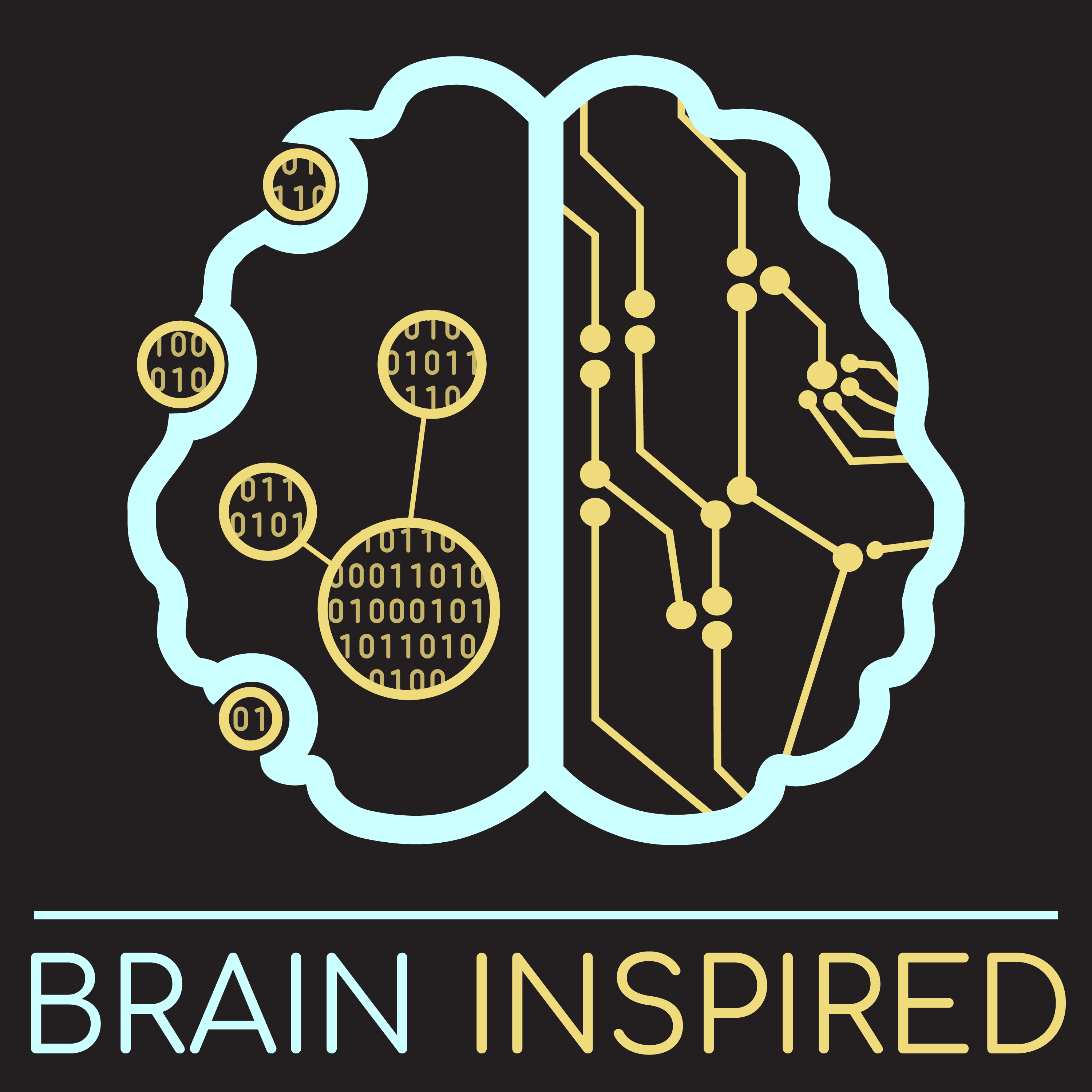BI 174 Alicia Juarrero: Context Changes Everything
Check out my free video series about what's missing in AI and Neuroscience Support the show to get full episodes and join the Discord community. Alicia Juarrero is a philosopher and has been interested in complexity since before it was cool. In this episode, we discuss many of the topics and ideas in her new book, Context Changes Everything: How Constraints Create Coherence, which makes the thorough case that constraints should be given way more attention when trying to understand complex systems like brains and minds - how they're organized, how they operate, how they're formed and maintained, and so on. Modern science, thanks in large part to the success of physics, focuses on a single kind of causation - the kind involved when one billiard ball strikes another billiard ball. But that kind of causation neglects what Alicia argues are the most important features of complex systems the constraints that shape the dynamics and possibility spaces of systems. Much of Alicia's book describes the wide range of types of constraints we should be paying attention to, and how they interact and mutually influence each other. I highly recommend the book, and you may want to read it before, during, and after our conversation. That's partly because, if you're like me, the concepts she discusses still aren't comfortable to think about the way we're used to thinking about how things interact. Thinking across levels of organization turns out to be hard. You might also want her book handy because, hang on to your hats, we jump around a lot among those concepts. Context Changes everything comes about 25 years after her previous classic, Dynamics In Action, which we also discuss and which I also recommend if you want more of a primer to her newer more expansive work. Alicia's work touches on all things complex, from self-organizing systems like whirlpools, to ecologies, businesses, societies, and of course minds and brains. Book: Context Changes Everything: How Constraints Create Coherence 0:00 - Intro 3:37 - 25 years thinking about constraints 8:45 - Dynamics in Action and eliminativism 13:08 - Efficient and other kinds of causation 19:04 - Complexity via context independent and dependent constraints 25:53 - Enabling and limiting constraints 30:55 - Across scales 36:32 - Temporal constraints 42:58 - A constraint cookbook? 52:12 - Constraints in a mechanistic worldview 53:42 - How to explain using constraints 56:22 - Concepts and multiple realizabillity 59:00 - Kevin Mitchell question 1:08:07 - Mac Shine Question 1:19:07 - 4E 1:21:38 - Dimensionality across levels 1:27:26 - AI and constraints 1:33:08 - AI and life

